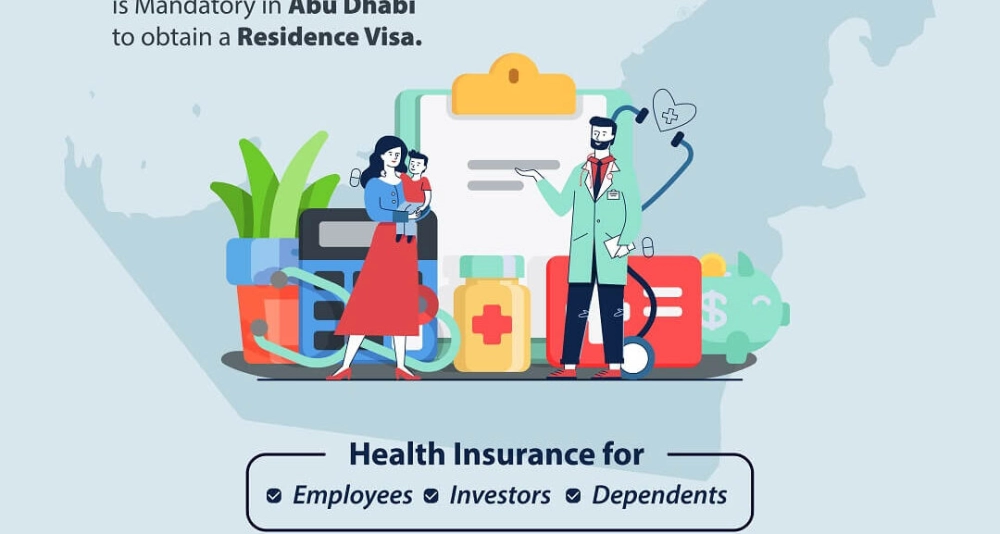AI-Powered Telematics Car Insurance Pricing in the UAE (2025)
From Dubai’s smart traffic lights to Abu Dhabi’s driverless taxis, the UAE has never been shy about adopting cutting-edge mobility tech. The same spirit of innovation is now turning the car insurance market on its head. Enter Telematics Car Insurance—powered by AI and small, sensor-rich devices (or even simple smartphone apps) that track driving behaviour in real time and feed the data to insurers’ machine-learning models. Rather than pricing your premium solely on age, car value, or accident history, telematics lets insurers reward the way you actually drive
Why Car Telematics Is Trending Right Now
- Mandatory eCall rollout: Since late 2024, all new vehicles sold in the GCC must ship with built-in eCall modules capable of sending crash data to emergency services. Insurers can piggy-back on the same platform (with your consent) to fetch granular driving metrics—enabling new models of telematics auto insurance.
- Faster 5G coverage: With Etisalat and Du completing 5G Phase-2, telematics devices can transmit high-volume data (HD video, LiDAR snapshots) without delay—ideal for AI analysis in real-time car telematics systems.
- Regulatory Green Light: The UAE Insurance Authority issued Circular No. 06/2025, explicitly allowing “usage-based insurance” products provided customers opt in and data is stored locally.
According to a March 2025 survey by PwC Middle East, 27% of UAE motorists would switch insurers if offered a telematics discount greater than 15%. That’s a sizeable slice of the AED 10 billion telematics Dubai motor-insurance pie
How AI Sets Your Price
- Data Capture: Accelerometer spikes reveal harsh braking; GPS logs average speed; gyro sensors detect sharp cornering; camera snapshots flag mobile-phone use.
- Feature Engineering: Raw signals are converted into risk factors like “night-time kilometres,” “urban rush-hour ratio,” or “driver distraction events.”
- Risk Scoring: Gradient-boosting algorithms (popular with UAE underwriters for their interpretability) assign each trip a micro-score from 0 to 100.
- Dynamic Premium: Good trips add to a discount pool; risky trips erode it. Most insurers reset the tally every month, meaning you’re never stuck with a bad score for long.
Privacy & Data-Protection Considerations
While the UAE’s Personal Data Protection Law (PDPL) is less restrictive than the EU’s GDPR, insurers must still:
- Obtain explicit opt-in consent.
- Store driving data on-shore (Tier-III data centres in Dubai or Abu Dhabi).
- Allow policyholders to request deletion.
Always read the T&C's before downloading a telematics Dubai app; some third-party providers may share anonymised data with advertisers.
Which UAE Insurers Offer Telematics Car Insurance Policies in 2025?
| Insurer | Product Name | Instant Discount | Tech Partner |
| Salama | DriveSmart | Up to 25 % | Huawei OceanConnect |
| Oman Insurance | OIC Momentum | 15 % base + up to 20 % bonus | Octo Telematics |
| Union | SafeMiles | 10 % welcome, 30 % renewal | TomTom |
Pros & Cons at a Glance
Pros
- Save up to 40 % for safe driving
- In-app coaching tips (e.g., smoother acceleration suggestions)
- Theft tracking and crash-alert services included in many plans
Cons
- Premium can rise if your driving deteriorates
- Battery drain on older phones (if using app-only tracking)
- Data-privacy trade-offs
Tips for Maximising Your Telematics Discount
- Mount your phone securely so gyro data isn’t skewed by sliding devices.
- Avoid late-night speeding on Sheikh Zayed Road—insurers weight night-time kilometres heavily.
- Enable trip-review prompts; most apps show hazard heat-maps of your route so you can adjust next time.
Is Telematics Car Insurance Right for You?
Telematics car insurance works best if you:
- Log under 20,000 km annually.
- Share a family car where secondary drivers are cautious.
- Have recently moved to the UAE and lack local driving history.
If you’re a high-mileage sales rep or frequently lend your car to inexperienced drivers, a traditional comprehensive car insurance UAE plan with fixed pricing may still be cheaper overall.
To explore quotes side by side—traditional vs car telematics—use InsuranceHub’s instant-comparison tool. It only takes two minutes and could shave hundreds of dirhams off your next renewal.







